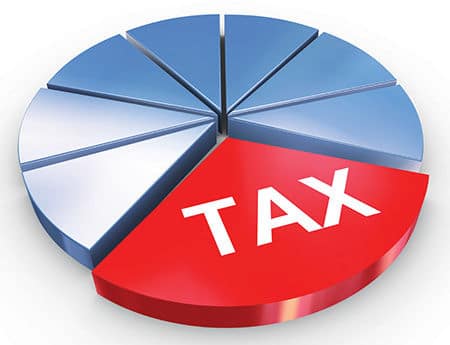CAPITAL BUDGET PREVIEW
City Manager David Cooke gave the city council a look at the City of Fort Worth’s fiscal year 2019 capital budget at the council’s work session Tuesday afternoon.
The proposed budget includes another reduction in the property tax rate, this time to 78.5 cents per $100, down from 80.5 cents in fiscal year 2018. If approved by the council at a later date, it will mark a second consecutive year in which the tax rate dropped, previously standing at 83.5 cents in fiscal year 2017.
“Under David’s leadership we’ve been able to set in motion much reduction in our tax rate,” Mayor Betsy Price said. “That’s important to our homeowners and our businesses as we try to stay competitive.”
Cooke said that the capital budget drives the operating budget, which will be presented in a proposal next week.
“If we’re going to build new fire stations, we put firefighters in them. If we build new libraries, we put librarians in them,” he said.
Cooke said what the recommended tax rate achieves is:
– Property tax revenue-to-debt service will be consistent with financial model and projections.
¬– More cash revenues for capital maintenance.
– Over $10 million in the general fund for pension recommendation
– The general fund revenue growth remains under 8 percent.
Cooke noted that Fort Worth, with a population of 874,168 in July of 2017, is the nation’s 15th largest city, and likely to be 12th in three years, passing San Francisco, Jacksonville, Florida, and Columbus, Ohio. By 2040, Fort Worth is projected to have more than 1.4 million residents.
“That’s phenomenal growth that we’ve had, and the growth that we’ve had has helped fuel the capital improvement plan in this budget,” Price said.
Cooke cited several capital projects currently underway by the city, including Dickies Arena, the Como Community Center, a new library at the Golden Triangle, two new fire stations at Spinks Airport and Walsh Ranch, a Trail Drive extension, the Six Points Urban Village and new parks and trails.
The fiscal year 2019 planning goals include implementing the 2014 ($292 million) and 2018 ($399.5 million) bond programs; increase funding for infrastructure maintenance and investment; continue improvements to the city’s neighborhoods through the Neighborhood Improvement Strategy (Historic Stop Six and Ash Crescent); and development of a comprehensive five-year capital improvement plan.
In what he called the “pay-as-you-go” category, Cooke said the total allocations for recurring maintenance, bond projects and one-time requests would be $40.85 million, up from $37.09 million.
The average home value, according to Cooke, would rise from the current approximate of $200,000 to around $221,000, with homestead exemptions rising from the current $40,000 to $44,360. Property tax revenue will increase from an average of $1,288 to around $1,393.
Cooke also presented a recommended plan for fiscal years 2019-2023 totaling more than $1.7 billion.
The council is scheduled to vote on the fiscal year 2019 budget on Sept. 18 after conducting several workshops between now and then.









